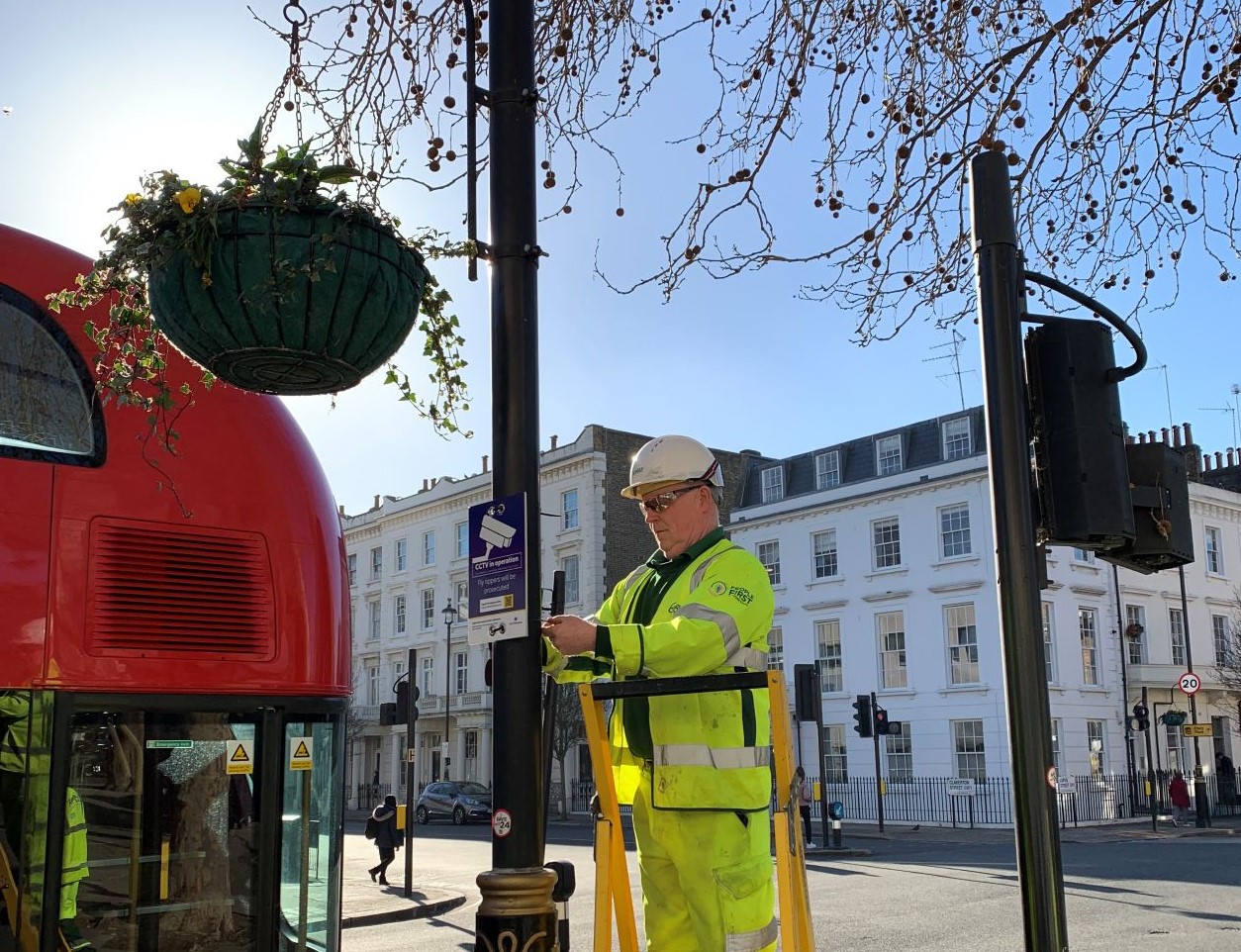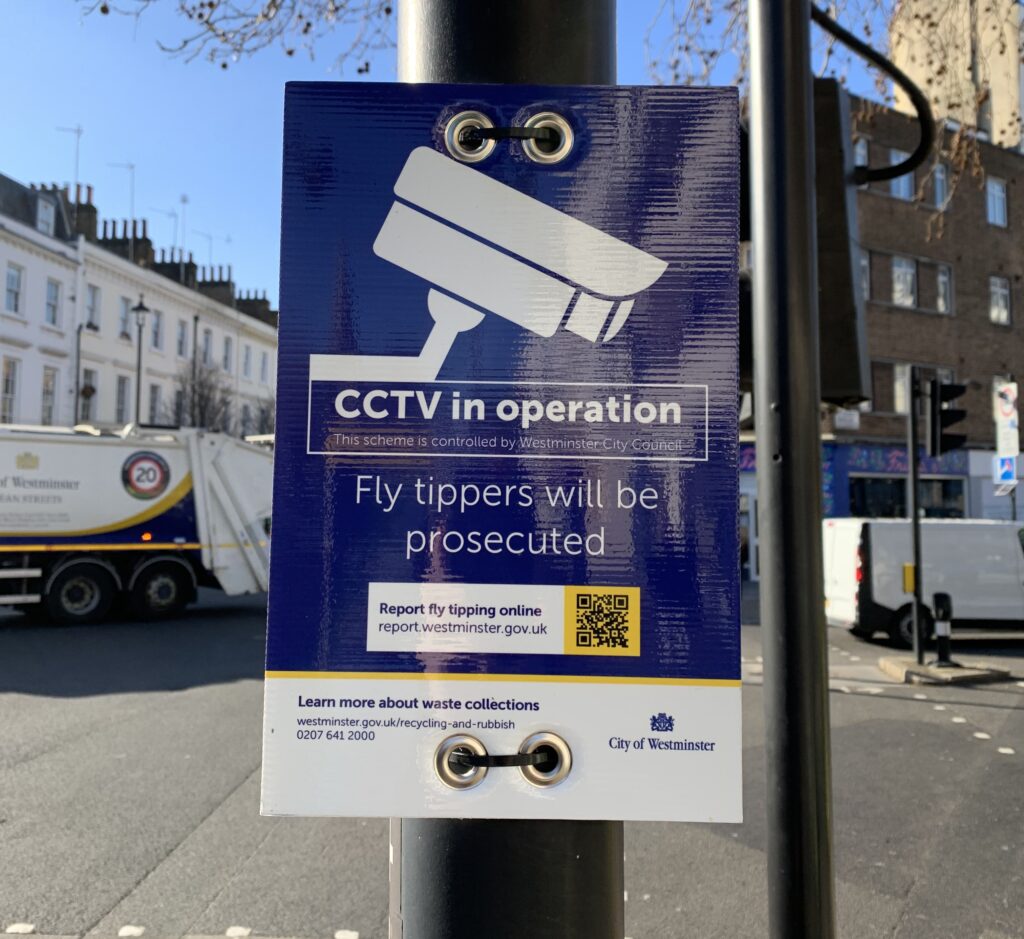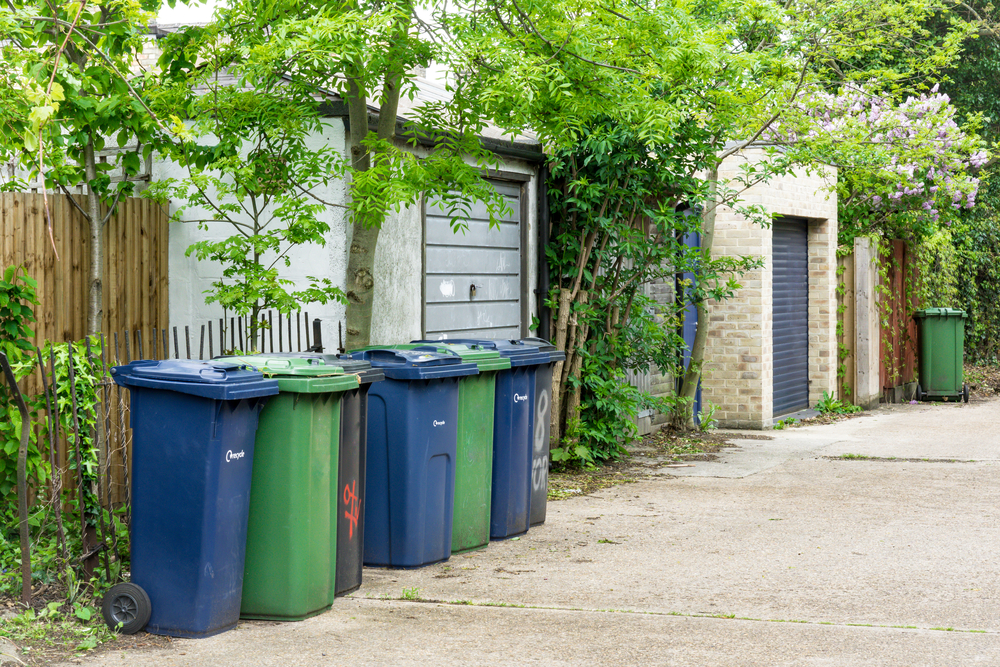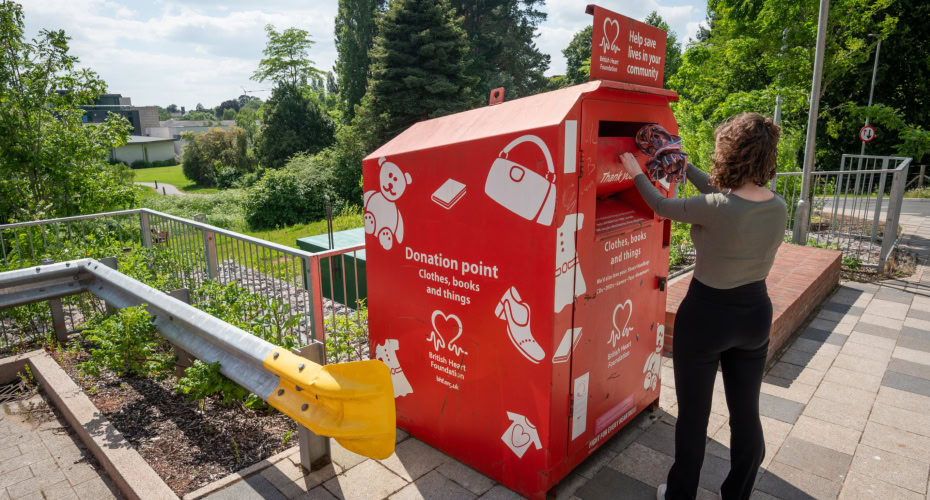The local authority has identified three “hotspot” areas where the problem is especially bad to trial the technology, as well as encouraging local businesses and residents to organise collections for bulky waste.
The cameras use AI to identify incidents of suspected fly tipping, which is then sent to be reviewed by city inspectors.
After identifying if this has taken place, the team will request the driver’s details from the DVLA to act appropriately. This can either be in the form of a fixed penalty notice (FPN) or, in serious cases, criminal proceedings. If successful, the cameras will be introduced to other areas in the borough.
Problem
Fly tipping has become a significant problem in Westminster, the council said, with incidents on the rise since 2018.
The council said offenders have been dumping waste such as white goods, furniture, and even toilets and kitchen sinks. In the 2022/2023 period, over 1,700 offences were recorded, with one hotspot alone recording 192 events in the last year.
Westminster also said there has been a rise in brand new items being fly-tipped, with cases of unopened flat screen TVs and new shoes left in their packaging. Other examples included old pet cages, kitchen cupboards and car tyres.
‘Disgraceful behaviour’

Cllr Paul Dimoldenberg, cabinet member for city management and air quality, said: “Our teams work tirelessly to keep Westminster’s streets clean and tidy. We want to stamp out this disgraceful behaviour of abandoning household waste, soiled mattresses and building materials on the street. This ingenious technology will catch people out red-handed to ensure they don’t do it again.”
In addition to catching offenders, the CCTV helps paint a picture of what time fly tipping takes place, allowing the council to target their city inspector resources more effectively.
Residents or businesses in the area can dispose of bulky waste using the council’s removal service. Commercial waste in black bin bags has been the most common example of waste fly-tipped.
For residents, the first offence of fly tipping is a written warning, the second is a £200 fixed penalty notice, and the third is £400. Commercial fines carry a maximum of £400, reduced to £210 if they pay within ten days.











Subscribe for free